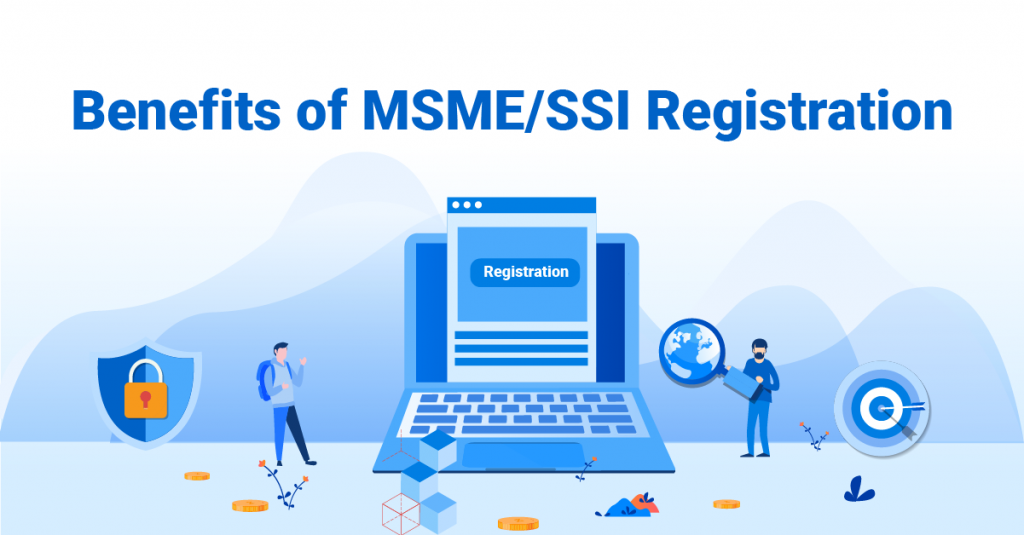As people become more conscious about how their personal information is being collected and used, laws and regulations like GDPR, CCPA, and other similar laws are becoming critical. These regulations provide consumers with a new right: the right to have control over their privacy and the power to counter today’s abundance of marketing messages, mostly through email and other unwarranted forms of mass outreach. This implies that marketers now need to be more aware of what they can and cannot do with respect to their consumer data. Companies will now have to “earn” the contact information to market to the target audience through value exchange.
End of Mass Marketing Era
With data privacy regulations reaching every corner of the world today, the mass marketing approach will soon be obsolete. ‘Spray and Pray’ tactics have seen very low ROI over the past few years because of changing consumer behaviours. People are always turning from reading through a dozen marketing & advertising emails daily in their inboxes.
Also, because of regulations, providing options for ‘Opt-in /Out opts’ is no longer a choice, which means content marketing should make a meaningful impact to be able to cut through the clutter and every interaction has to be carefully crafted while keeping the ‘customer first’ approach in mind.
The new regulations are thereby forcing marketers to be more strategic and demonstrate their capabilities by means of:
- Deep understanding of the audience – Knowing their pain points, business challenges, triggers, and overall objectives is key
- Personalized content curation – ‘One size fits all’ approach no longer works. Markets have to look for creative ways and provide relevant content at every touchpoint
- Right channel mix – Finding the right channel to engage with the specific audience and meet them where they are
- Owing to the relationships – Invest in developing and nurturing the relationships and be a trusted advisor.
Digital Marketing and the Future Forward
For marketing and data privacy to coexist, the new-age marketing frameworks will have to evolve from what they are today, which will be a much-needed change. This will be a good opportunity for marketers to move ways from low-hanging fruits like mass mailing or cold calling to a more targeted and integrated approach leading to a more qualified chunk down the funnel.
The rise of social selling and white-glove networking events are good examples of evolved marketing tactics to attract, connect and retain the target audience. It’s more about making personal, one-on-one connections and building on that in-person engagement while leveraging targets’ social networks and connections to know them better.
The message needs to be relevant, compelling and noticeable to see results. It also needs to be educational and timely with great attention to each segment’s needs. It has to be more about the experience than a mere attempt to collect their information, even when it is done in the most compliant and responsible ways.
In cases where data collection becomes necessary to fuel the demand generation engine, the marketers and advertisers will be obligated to do so ethically. As more jurisdictions start to adopt protocols like GDPR and others, marketers will need to ensure that the website and other marketing channels are ready to adapt. For most of organizations, it’s already a practice to have the privacy policies and data handling guidelines clearly mentioned on the website. They are also obligated to provide users with enough opportunities throughout the journey to opt-in or out of specific things, like email campaigns. Marketers can also expect to see less selling of digital data to third parties in the future which will impact how data is collected and shared for co-marketing activities.
Leveraging AI and behavioural data for Marketing
The good news about all of this is technology is evolving to meet the demands of the new-age marketers. As Google gets away from cookies, marketers can anticipate advanced options coming to their rescue for providing similar data sets to work with. In fact, many of the newer data-driven marketing tools will evolve around specific versions of artificial intelligence (AI) which can review consumer behaviour patterns in a far more efficient manner without disrupting their experience or compromising on data governance.
While advertisers will continue adjusting to new privacy laws and data collection practices, the bigger elements of human nature and consumerism will remain the same. Hence, data will continue to be one of the most significant assets, and consent will be key.
Happy Reading!
Global Campaign Manager – Applications, Data and AI at Kyndryl




